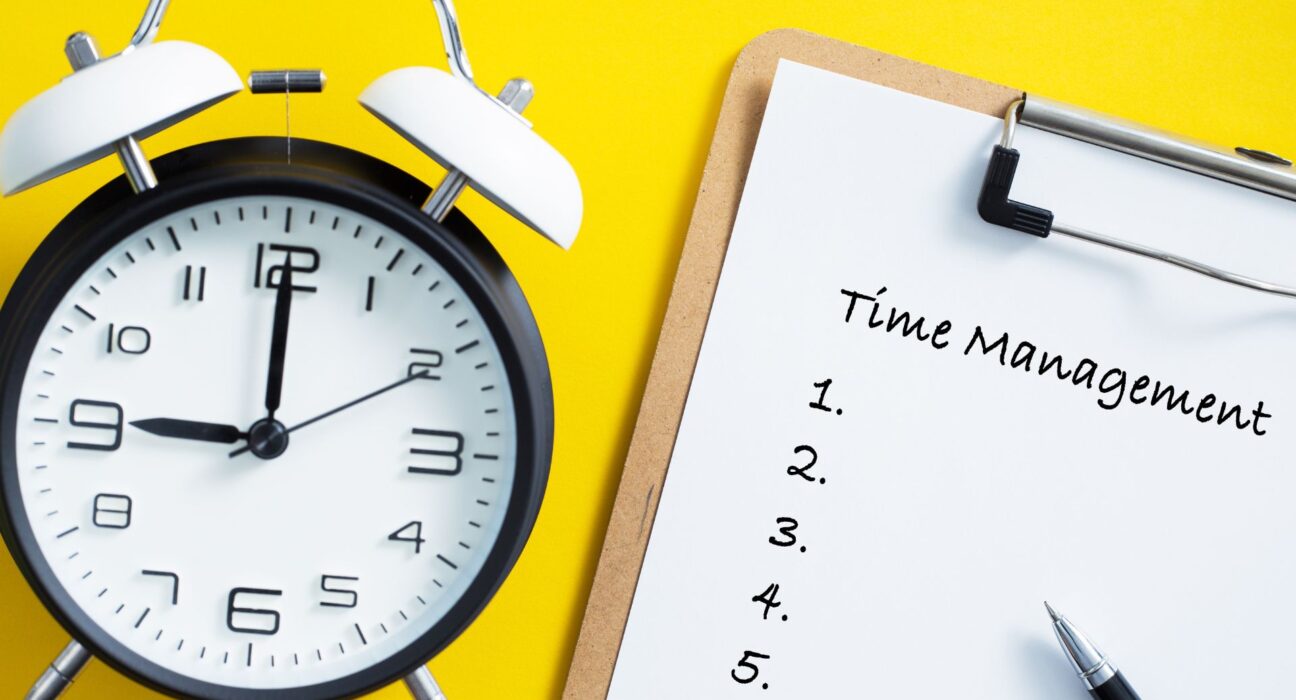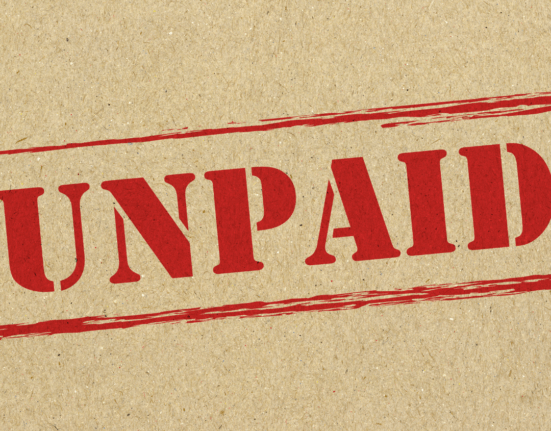This LinkedIn post from Jason Feifer piqued my interest. He shared how he recently had some rare time at home with absolutely nothing to do. Instead of doing “busy work”, he decided to get some sleep. Katherine Morgan Schafler’s quote “Productivity isn’t just about time management; it’s about energy management” is a powerful reminder that in order for us to be productive, we need to manage both our time and our energy.
While many of us focus on optimizing our schedules and managing tasks, what often gets overlooked is the importance of sleep. Sleep plays an essential role in productivity as lack of sleep can lead to fatigue, difficulty with concentration, impaired decision-making skills and ultimately decreased performance. In this blog post, we will discuss how important adequate restful sleep is when it comes to productivity and how you can make sure you are getting enough quality sleep each night.
Time or Energy
When talking about productivity there are two main elements – time management and energy management. Time management requires setting goals or deadlines so that tasks can be completed efficiently within the allocated timeframe while energy management focuses on maintaining physical health through healthy lifestyle habits such as diet, exercise and proper restorative sleep which all contribute towards increased alertness during waking hours leading to improved productivity levels.
Sleep
Sleep has long been known as one of the most important aspects of good health yet many people overlook its significance when it comes to achieving their goals. Studies have shown that a lack of adequate restful sleep can lead to decreased performance levels in both physical and cognitive tasks, reduced alertness and decreased memory recall. It is important to ensure you are getting enough quality sleep each night as this will help you maintain optimal energy levels throughout the day.
Diet
In addition to good sleeping habits, diet plays an equally important role in your overall wellbeing. Eating nutritious meals with plenty of fruits and vegetables provides the body with essential vitamins, minerals and antioxidants which all contribute to improved energy levels, better concentration span and enhanced moods. Exercise has also been shown to reduce fatigue while increasing productivity so it’s important to incorporate regular physical activity into your daily routine.
Goals
Finally, setting realistic goals for yourself and managing your time efficiently can help reduce stress levels and increase energy. Prioritizing tasks and delegating when possible is one way to ensure that overwhelming tasks don’t take over your life. Taking short breaks throughout the day will also help you stay focused and energized, as it gives you a chance to rest and reset your mind.
By following these tips, you can successfully manage your energy levels more effectively and ensure that you maintain a healthy balance between work life, family life and personal activities. It’s important to remember that while energy management might not be the most exciting thing in the world, it is key to maintaining a fulfilling lifestyle. With the right strategies in place, it’s entirely possible to improve our time and energy management and live a better life.
Here are a few tips to keep in mind
1. Take regular breaks throughout the day to give yourself a chance to rest and reset your mind.
2. Develop a schedule that assigns certain periods of time for work life, family life, and personal activities.
3. Set realistic goals for yourself and allocate enough time to achieve them within a reasonable amount of time.
4. Prioritize tasks and focus on the most important items first before moving onto less critical tasks.
5. Set aside some time for physical activity such as walking or engaging in sports to help maintain a healthy balance between work and relaxation.
6. Make sure to get adequate sleep each night so you are better able to focus during the day while working on tasks that require intense concentration.
7. Eat nutritious meals throughout the day so your body gets the energy it needs to tackle challenging tasks without feeling drained or fatigued.
8. Find ways to reduce stress levels, such as listening to music or practicing mindful meditation techniques when feeling overwhelmed or anxious about upcoming deadlines or responsibilities at work or home.
9. Stay organized by creating lists of things you need to do and breaking up large projects into smaller manageable parts with clear deadlines attached to each component task in order to stay focused and motivated towards completion of the project as a whole .
10 . Reward yourself for accomplishments by celebrating small wins, such as completing a project ahead of schedule, instead of constantly pushing yourself too hard with unrealistic expectations which can lead burnout in the long run
Related Article:







